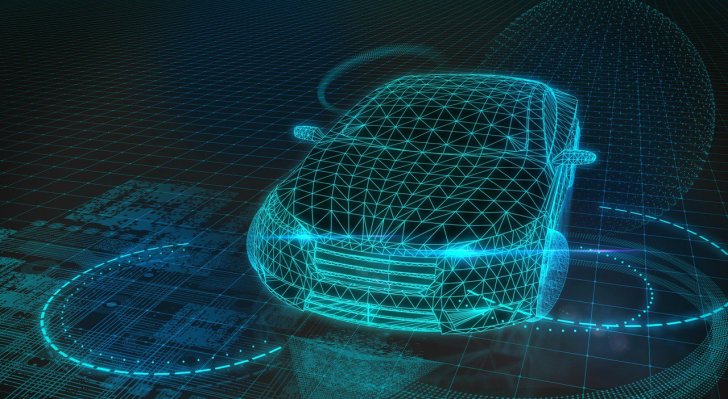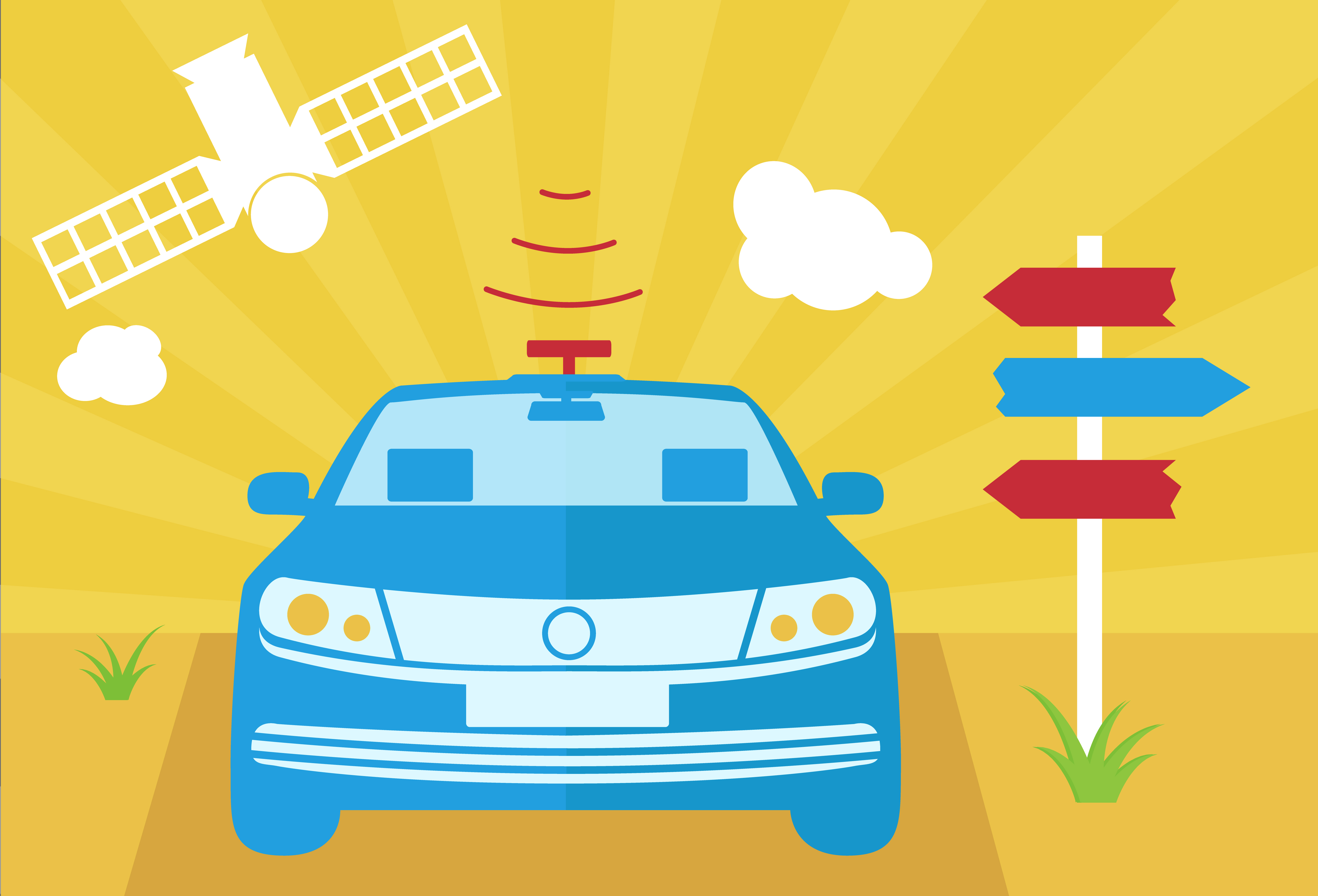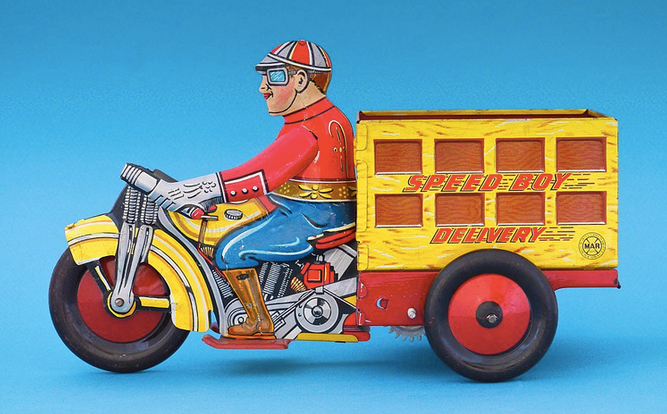Would you be comfortable buying glasses sight-unseen?
Despite the undeniable rise in online shopping, there are still products we are concerned to buy online. Touching, feeling, wearing, and testing out physical products are where the value of brick and mortar retail truly shines. On high-end purchases, the shopping experience is part of what we pay for. In-store stylists, personal shoppers, and the security many feel when buying from a person who hands us the goods are what keep people walking in at the right hours.
For product categories like clothing, home furnishings, and art, buying site-unseen is a much harder sell. Global brands built trust with consumers through their mass marketing which has made us comfortable to know that when we buy a box of cereal online, it’ll taste the same as going into the store. That said, new brands don’t have an easy time building that trust without a physical presence and billion dollar marketing budgets.
Nevertheless, younger shoppers have demonstrated their ease and comfort with the online shopping experience. Online-first brands are learning that a strong return policy, authentic reviews, and social media validation can assuage a shopper’s buying concerns at the checkout screen. Warby Parker, Casper, and Joybird are just three examples of young brands that are pioneering site-unseen experiences for eye glasses, mattresses, and furniture respectively.
They were ahead of their time when they believed their markets could be disrupted by finding a way to sell online.
New technology means that the next quantum leap in the retail experience could be just around the corner, but it may not be about delving deeper into the virtual world of online shopping. Instead, it could be a return to brick and mortar space, but spaces on the move.
The Mobile Mall
The retail industry is suffering badly. According to research conducted in May 2017, only 47% of retail companies are still operating after four years of setting up shop. Likewise, stores such as Sears and Macy’s are closing at an alarming rate. Brick and mortar stores are being killed in the market because they can’t compete with their online counterparts who have drastically lower overheads.
However, the answer to this problem, for consumers and companies alike, could lie in the murky ground between online shopping and physical stores. The ideal solution for the retail economy as a whole would be physical stores that are on-demand, changing location in response to the clients’ demands. It may sound crazy, but if you consider that everything else comes to us at a push of a button, then why shouldn’t our stores?
Retail stores on wheels would not only be a major win for consumers by solving the online shopping problem of buying products sight-unseen, they would also benefit the retail companies by mitigating the risks that come with setting up a physical storefront. The cost of buying or renting a physical space would be significantly lower, and business owners wouldn’t be tied to a location if it proved to be unsuccessful after opening the doors to the public.
Why Autonomy is the Key
But doesn’t this all feel a little familiar? Hasn’t the idea of the mobile shopping experience been around for years? For instance, people have been selling food from pushcarts in the United States since the 17th century. And even fashion stores such as Faherty, Le Fashion Truck and Bootleg Airstream have been mobile on the high-streets.
Well, it’s not exactly the same. Not only would this mobile mall economy be an on-demand service that factors in the location of its shoppers, making the experience all the more convenient, but the advent of autonomous vehicles is the real game changer here.
The excitement surrounding the driverless car isn’t just around being able to put your feet up while you’re chauffeured around by a robot; it will revolutionize the design and form factor of terrestrial vehicles. Manufacturers have already begun to imagine the spatial benefits that will come from losing a driver and the conventional cockpit controls; for instance, Volkswagen’s latest offering features an in-car mini garden.
So, how could they impact this new mobile mall economy? Well, let’s imagine this new spatial capacity that comes with driverless cars applied to a luxury brand’s mobile store. They’ll be additional room for interior design, appealing layout of products, and even an in-store assistant – all of this being a far cry from what we’ve already seen when it comes to selling products on the move. In fact, because we’re yet to even see what autonomous cars will look like in wide circulation, we can only imagine how they’ll repurposed by designers to help with the consumer’s retail experience.
How It Might Look
Alongside the coming of the autonomous car, the mobile retail economy is still waiting for its big chance. It will require a few trailblazers to see it come to life, with a collective faith in the project required among consumers, entrepreneurs and business owners alike.
However, with an increasing reliance among consumers on GPS and app-based services across all industries, the technological stars may be aligning to see the idea of a mobile store economy become a reality.
Consider, for instance, the example of AirBnb. The idea is simple and doesn’t in principle require anything other than a network of people willing to let their apartments; but, it could be argued that the company that’s now valued at over $30 billion owes its meteoric rise in success to the increasing penetration of smartphone and Internet culture.
Once the market has adjusted to this change, we can only imagine what innovative applications will be applied to it. We could see some companies operating in a similar way to bookmobiles: demand based placement where consumers request a store to come by and they are notified when it’s going to be near so they can stop in. Likewise, people could interact online with the brands to organize a location and time that best suits them. Or perhaps we will see fleets of pop-up mobile malls across the country, where a collection of stores move together in tandem to new spaces every week or even every day.
The Pricing Problem Solved?
Whatever applications are conceived of, the prospect of more affordable and versatile stores will surely have forward-thinking retail business owners salivating at the idea, particularly those in the luxury retail space who rely more than others on physically proving the value of their products to consumers.
For new businesses, startup costs will be smaller and many of the risks that come with setting up shop will be mitigated, and already-established retail companies will no longer need to pay extortionate rates to exist on the trendiest high-streets in town.
When the idea does take off, it will prove to be a huge disruptor to the entire retail industry, with more and more stores opting for mobile stores rather than brick and mortar spaces. And, considering the magnitude of the existing model of retail economy, the knock-on effect could be felt across different industries too.




